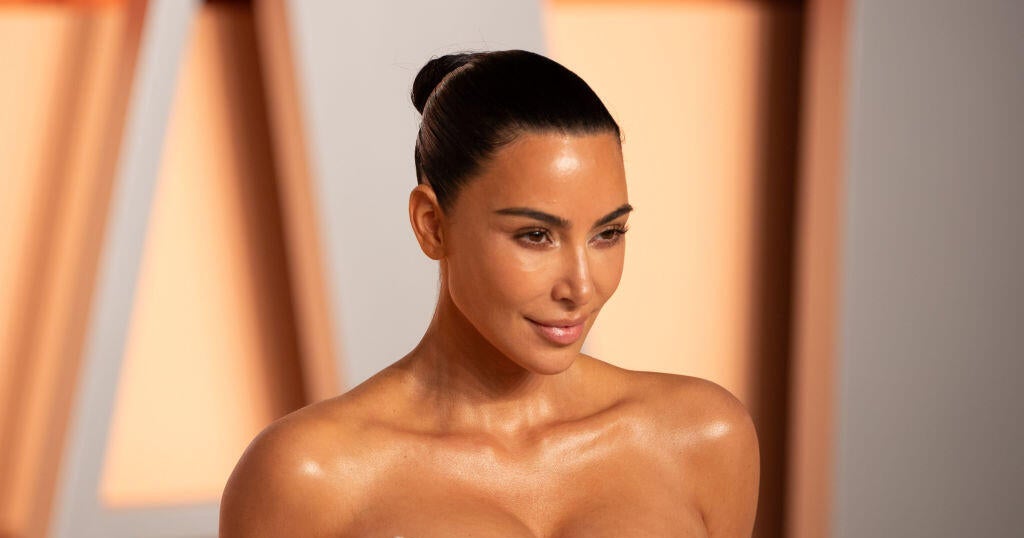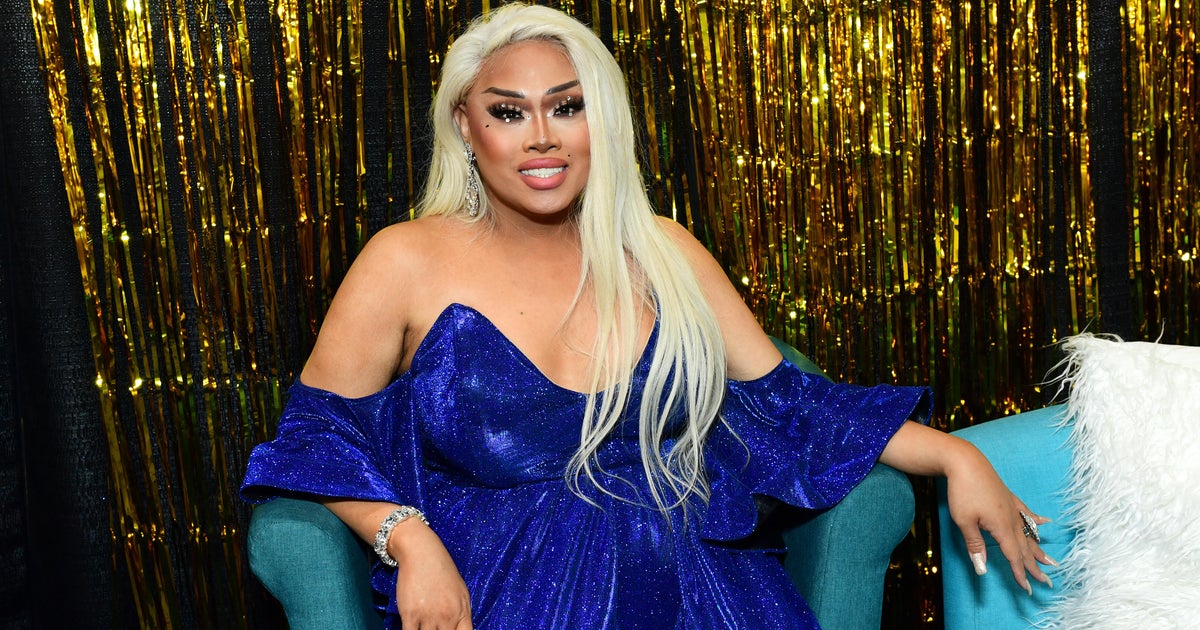Trump turns town hall into listening party
On Monday, Donald Trump turned a town hall Q&A into a music-listening session, with the former president swaying on stage for more than 30 minutes to some of his favorite songs — including Leonard Cohen's "Hallelujah," as covered by the singer Rufus Wainwright in the film "Shrek."
Now, Wainwright and Cohen's estate are taking issue with Trump's use of the song, with Wainwright writing on social media that "witnessing Trump and his supporters commune with this music last night was the height of blasphemy."
The publishing company for Cohen's estate has sent a cease and desist letter to the Trump campaign, Wainwright said. Cohen, who died in 2016 at the age of 82, originally released the song in 1984, with many musicians later covering it, including Wainwright and the late Jeff Buckley.
The Trump campaign and representatives for Wainwright and Cohen's estate didn't immediately respond to requests for comment.
The spat over "Hallelujah" marks the latest tussle between musicians and the Trump campaign, which has repeatedly been asked to stop playing songs by artists ranging from Celine Dion to Queen. Some of the artists said they are opposed to their music accompanying any type of political event, while others, like Wainwright, have been more pointed in linking their music to Trump.
"The song 'Hallelujah' by Leonard Cohen has become an anthem dedicated to peace, love and acceptance of the truth," Wainwright wrote on Tuesday.
He added that he was "mortified" that the song was played at the Trump event, adding that "the good in me hopes that perhaps in inhabiting and really listening to the lyrics of Cohen's masterpiece, Donald Trump just might experience a hint of remorse over what he's caused."
Wainwright added that he is supporting Vice President Kamala Harris in the presidential election.
Trump played several other recordings at the town hall event in Oaks, Pennsylvania, about 20 miles outside Philadelphia, after two attendees needed medical attention. Those songs included "It's A Man's Man's Man's World" by James Brown, "An American Trilogy" by Elvis Presley and "Nothing Compares 2 U," by the late Sinead O'Connor.
Musicians who have objected to Trump using their music
Wainwright joins a long list of other musicians who have asked the Trump campaign to stop using their songs. Some of the recent cases include:
- Celine Dion, whose representatives in August told Trump that his use of her 1990s song "My Heart Will Go On" was "unauthorized" and had not received her permission.
- The Foo Fighters, who in August objected to Trump playing the band's "My Hero" when he welcomed former independent candidate Robert F. Kennedy Jr. to the stage at an Arizona rally. The Foo Fighters said they hadn't given permission for the use of the song, and that any royalties received as a result of the Trump campaign's use of the song would be donated to Harris' campaign.
- Isaac Hayes, with a federal judge in Atlanta ruling last month that Trump and his campaign must stop using the song "Hold On, I'm Coming" while the family of one of the song's co-writers pursues a lawsuit against the former president over its use.
- The White Stripes, who in September sued Trump in a case that alleges he used their hit song "Seven Nation Army" without permission in a video posted to social media.
- In:
- Donald Trump
Aimee Picchi is the associate managing editor for CBS MoneyWatch, where she covers business and personal finance. She previously worked at Bloomberg News and has written for national news outlets including USA Today and Consumer Reports.

 8 months ago
8 months ago
 (200 x 200 px).png)








 English (US) ·
English (US) ·